The first screening took place on the morning of August 27 at Ngoc Khanh Cinema (523 Kim Ma, Hanoi) and attracted a large audience, from older audiences who had seen the film many years ago, to young people who wanted to explore revolutionary cinema. The solemn, cozy atmosphere in the theater made viewers feel like they were returning to the past, reliving the heroic years of the nation.
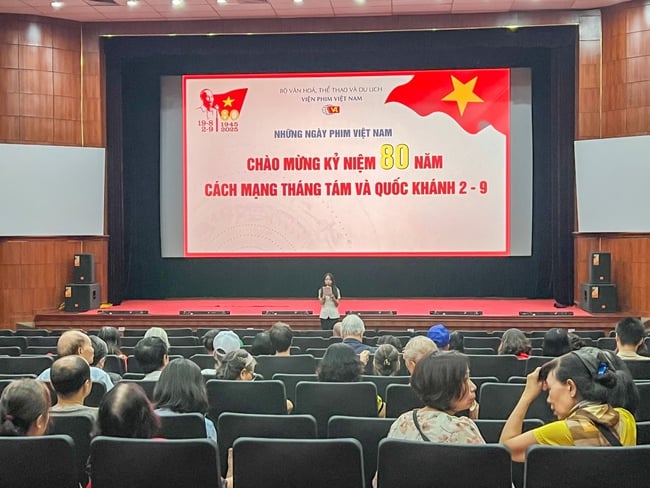
Scene from the first movie screening
Released in the early 1980s, That Day by the Lam River, directed by Nguyen Ngoc Trung, recreates the seething atmosphere of the Nghe Tinh Soviet revolutionary movement (1930-1931). The film tells the story of the lives of people living along the Lam River, where people often had to live in seclusion and struggle to make a living, but they still decided to stand up and fight to regain national freedom.
The special feature of the work lies not only in its historical content, but also in its emotional presentation. The black and white footage is simple but carries the weight of the times, each face and each scene truly reflects the spirit of a glorious period of struggle. This is also the reason why The Day That Day by the Lam River was chosen to open the show, as a reminder of tradition and origin.
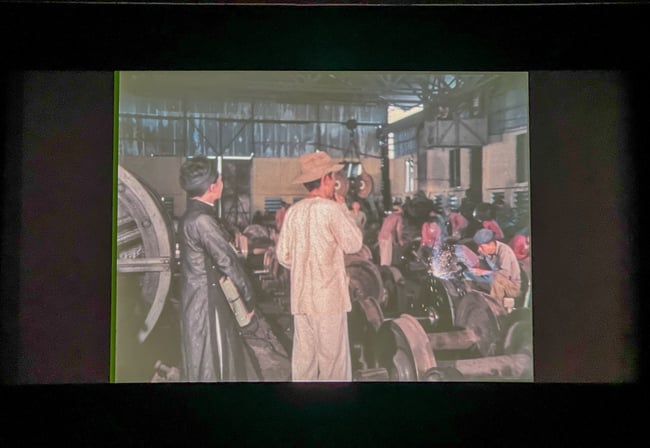
Image from the movie That Day by the Lam River
According to the representative of the Vietnam Film Institute, the free screening of three classic films on the occasion of National Day, September 2, is meant to show gratitude, and at the same time, create an opportunity for today's audiences to re-access the treasure trove of revolutionary cinema - an indispensable part of Vietnam's cultural history. After That Day by the Lam River, audiences will continue to enjoy The Silent Soldiers and The Fatherland's Noon Rooster Sound in the following days.
Many older audiences shared that they were moved when they saw the film that had left a mark on their youth. Meanwhile, for younger audiences, the work was like a visual history lesson, helping them better understand the spirit of struggle and the value of national independence. The intergenerational interaction at the cinema is a vivid testament to the enduring vitality of revolutionary cinema.
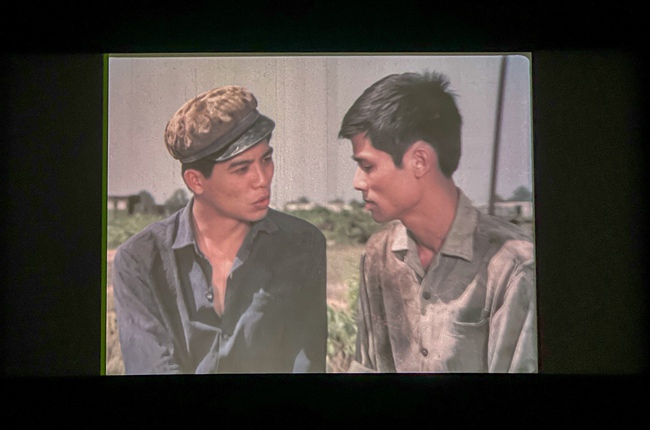
Image from the movie That Day by the Lam River
This free film screening activity not only stops at artistic value, but also contributes to evoking national pride, fostering love for the homeland. In the context of integration and development, films like Ngay Ay Ben Song Lam still have profound meaning, reminding that today's achievements are exchanged for the sweat and blood of our ancestors../.
Source: https://bvhttdl.gov.vn/ngay-ay-ben-song-lam-mo-man-chuoi-chieu-phim-mien-phi-chao-mung-80-nam-quoc-khanh-2025082711222335.htm




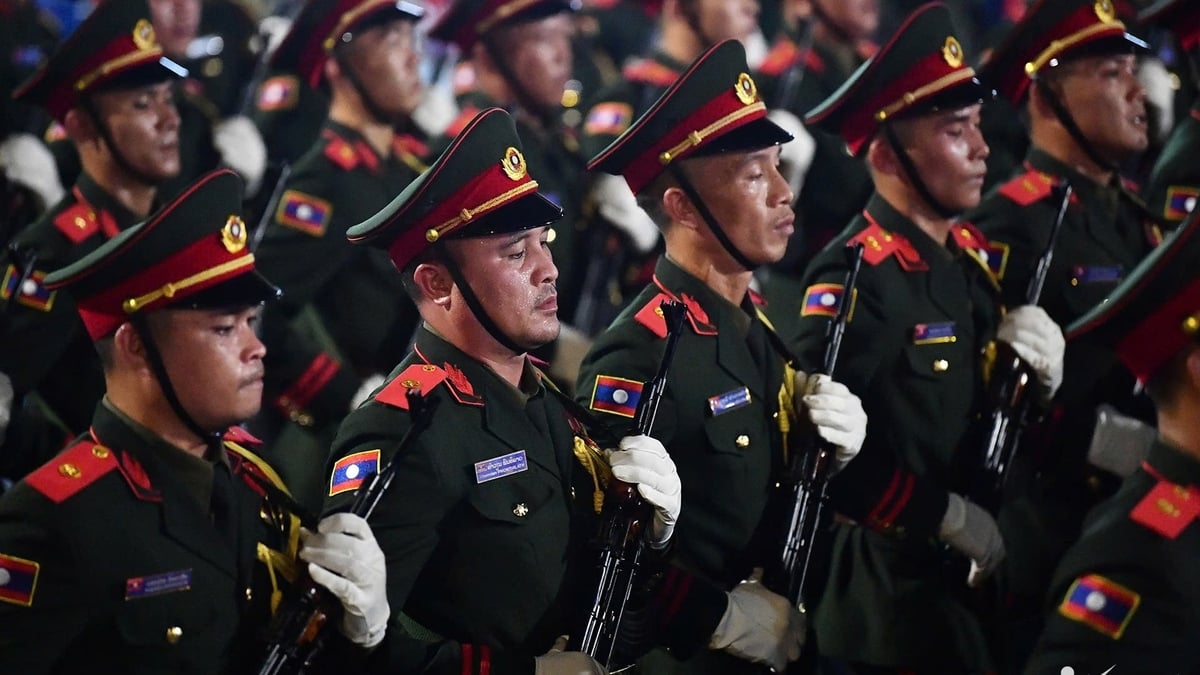
![[Photo] Parade blocks pass through Hang Khay-Trang Tien during the preliminary rehearsal](https://vphoto.vietnam.vn/thumb/1200x675/vietnam/resource/IMAGE/2025/8/27/456962fff72d40269327ac1d01426969)
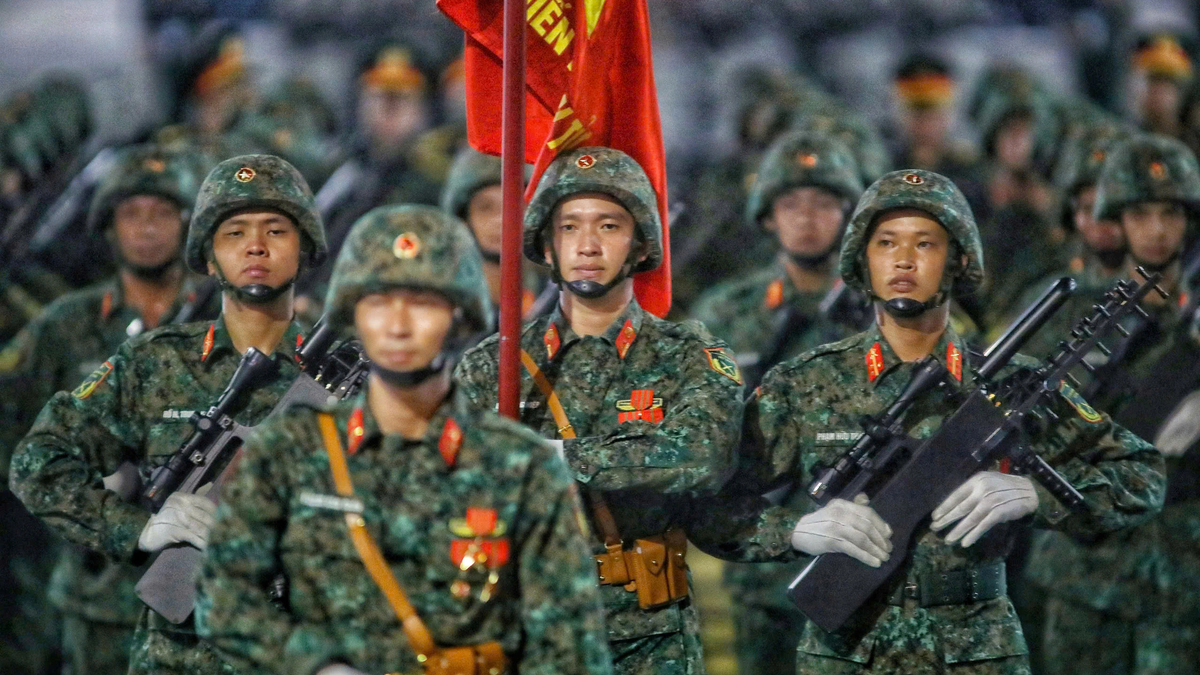

![[Photo] Images of the State-level preliminary rehearsal of the military parade at Ba Dinh Square](https://vphoto.vietnam.vn/thumb/1200x675/vietnam/resource/IMAGE/2025/8/27/807e4479c81f408ca16b916ba381b667)
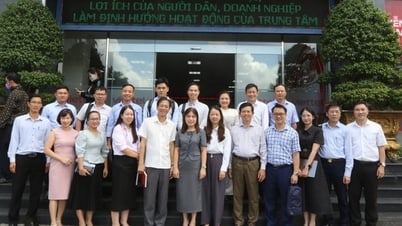

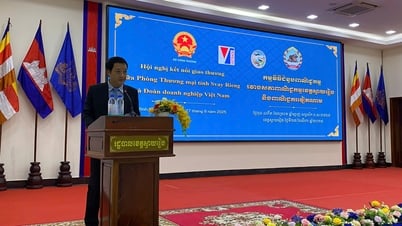


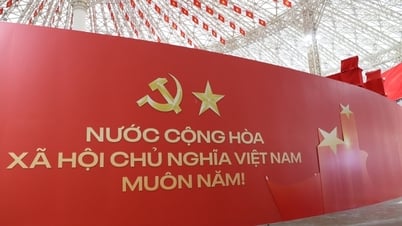
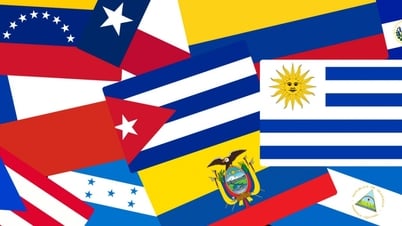
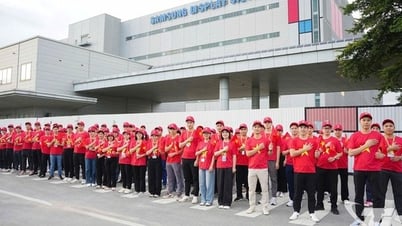





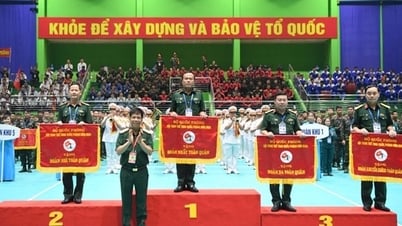
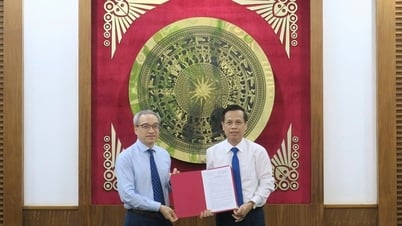
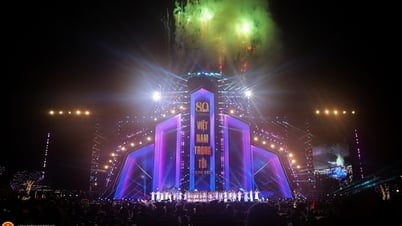

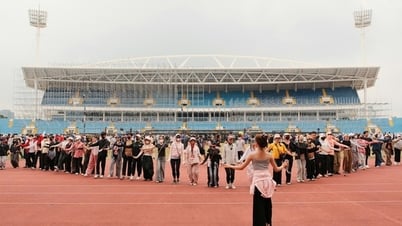



































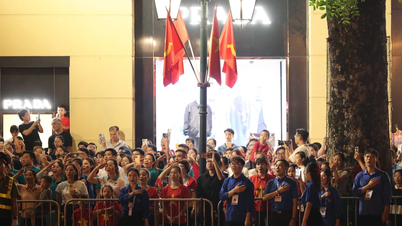

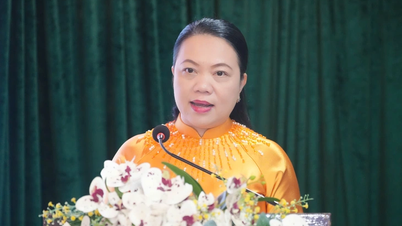



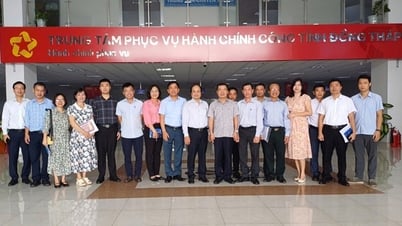
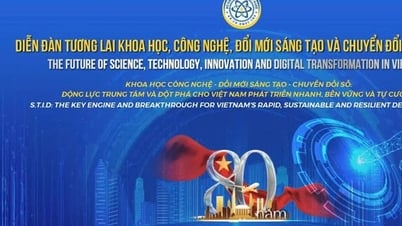
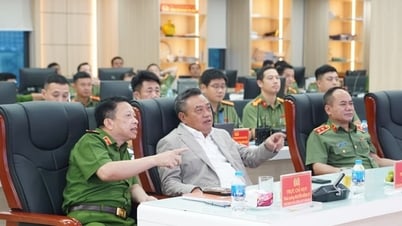



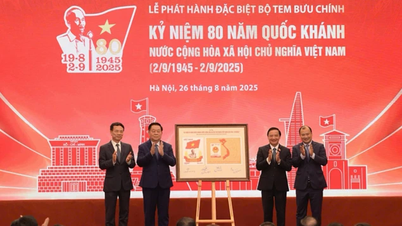

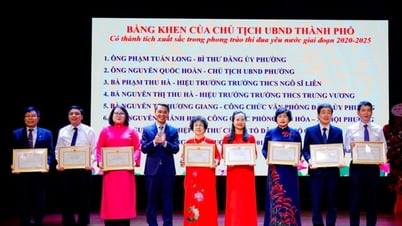
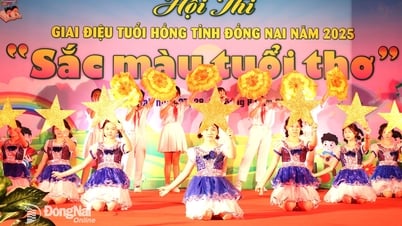
















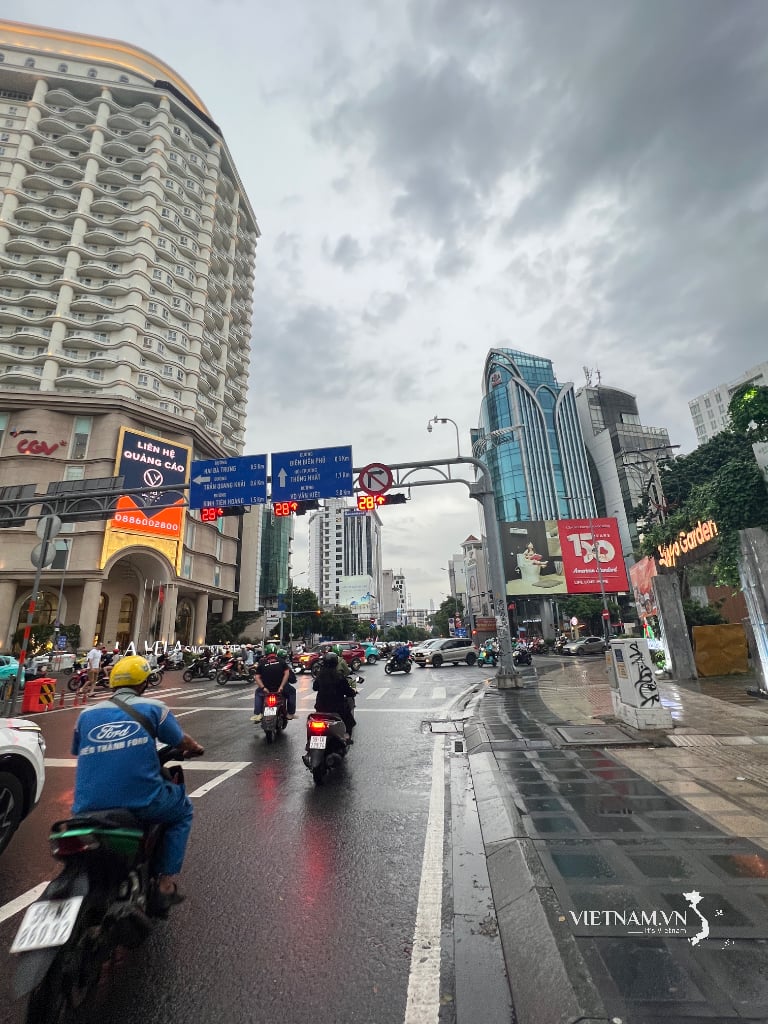

Comment (0)